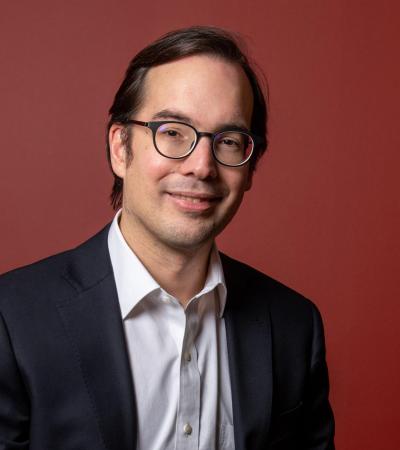Understanding Democracy in the Inter-American Human Rights System
2022Francisco Urbina will work on the understanding of democracy of human rights bodies at the Inter-American Human Rights System. The Inter-American Court of Human Rights and the Inter-American Commission on Human Rights have been increasingly addressing the quality of democratic institutions in the region, hinting at an implied understanding of democracy that is both presupposed and enforced by human rights standards. In assessing potential violations of human rights—such as the right to due process or the right to vote— in the context of constitutional crises or in situations of democratic decay, the Court and the Commission have addressed domestic constitutional matters regarding, for example, the mechanisms of control of Congress over the President or the role of political bodies in judicial appointments. This presents a challenge for human rights bodies. In facing situations involving deficiencies in democratic institutions, they must navigate the tension in formulating and applying general human rights standards, while at the same time acknowledging that institutional design is a matter of internal constitutional law which largely responds to local circumstances. In engaging with this situation, human rights bodies have not produced a comprehensive view of democracy, but rather have put forward elements of it in piecemeal fashion through multiple different pronouncements in response to different situations.
The research project explores whether there is in fact a coherent and appealing understanding of democracy in Inter-American Human Rights Law —one which could be formulated in legal doctrine for its consistent operation in human rights law— and what kinds of requirements this understanding imposes on democratic institutions, considering the different views of democracy available in the region. Furthermore, it assesses how and to what extent this understanding of democracy could be justified in terms of human rights law, without extending to matters of domestic constitutional law.
This appointment is jointly with the Law School at the University of Notre Dame.






